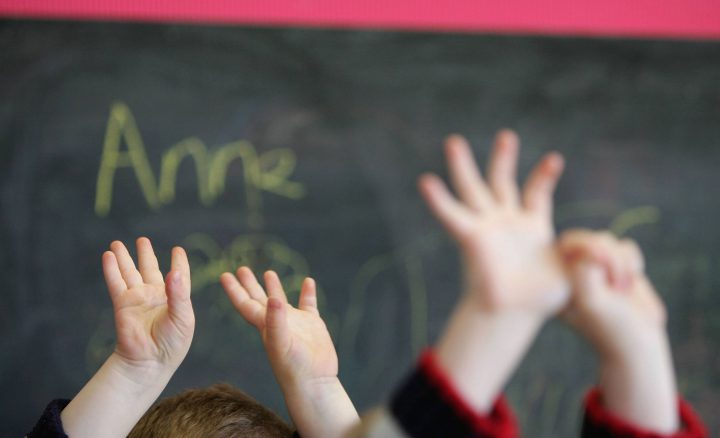Children born with heart defects, even minor ones, perform worse than other kids on third-grade reading and math tests, a new study finds.

“While it was not surprising to see this finding in children with severe heart defects, it was a surprise to see that children with heart defects that are often considered mild may likewise have challenges in school,” lead author Dr. Matthew Oster from Emory University School of Medicine in Atlanta told Reuters Health.
“Parents and teachers should be aware that children with heart defects may benefit from early recognition and evaluation for potential learning challenges,” he said by email.
READ MORE: Here’s how women’s heart attack symptoms differ from men’s
Children with critical congenital heart defects, such as hypoplastic left heart syndrome or transposition of the great arteries, who require surgery in infancy, are known to be at high risk for poor neurocognitive outcomes in childhood, Oster and his colleagues write in Circulation Cardiovascular Quality Outcomes.
This “subset” of kids with severe heart defects typically undergoes intensive, and expensive, screening for these cognitive problems, but performing this kind of screening on all kids with congenital heart defects is not feasible, the authors note.
Moreover, it would “not necessarily translate into the real-world outcomes that are of greatest interest to parents, most notably school performance,” they write.
READ MORE: Heart failure, cardiac arrest? Here’s what happened to George Michael, Carrie Fisher
- B.C. to ban drug use in all public places in major overhaul of decriminalization
- 3 women diagnosed with HIV after ‘vampire facials’ at unlicensed U.S. spa
- Solar eclipse eye damage: More than 160 cases reported in Ontario, Quebec
- ‘Super lice’ are becoming more resistant to chemical shampoos. What to use instead
The researchers used records from three North Carolina databases to identify 2,807 children with congenital heart defects and 6,355 children without them, then compared the kids’ performance on standardized reading and math tests given at the end of third grade.
Nearly 45 percent of children with congenital heart defects failed to meet standards on at least one of the tests, compared with only 37.5 percent of children without congenital heart defects.
One in five children with congenital heart defects failed both tests, compared with just one in seven children without congenital heart defects.
READ MORE: What floor you live on may determine cardiac arrest survival
Children with congenital heart defects were also more likely than other children to receive exceptional services in the third grade.
Children with major and minor congenital heart defects underperformed on these tests, and both groups of children were more likely to receive exceptional services.
“We should be aware that children with congenital heart defects may have challenges in school that go unrecognized,” Oster said. “We should consider formal neurocognitive evaluations when appropriate,” he added.
READ MORE: Alan Thicke cause of death – what you need to know about a ruptured aorta
“There are existing guidelines from the American Heart Association for children with severe heart defects to undergo a formal evaluation for neurocognitive deficits. These findings suggest that many without severe defects have similar challenges and may likewise benefit from such an evaluation,” he said.
“Unfortunately,” Oster said, “access to such evaluations is quite limited in many areas of the country for a variety of reasons.”



Comments